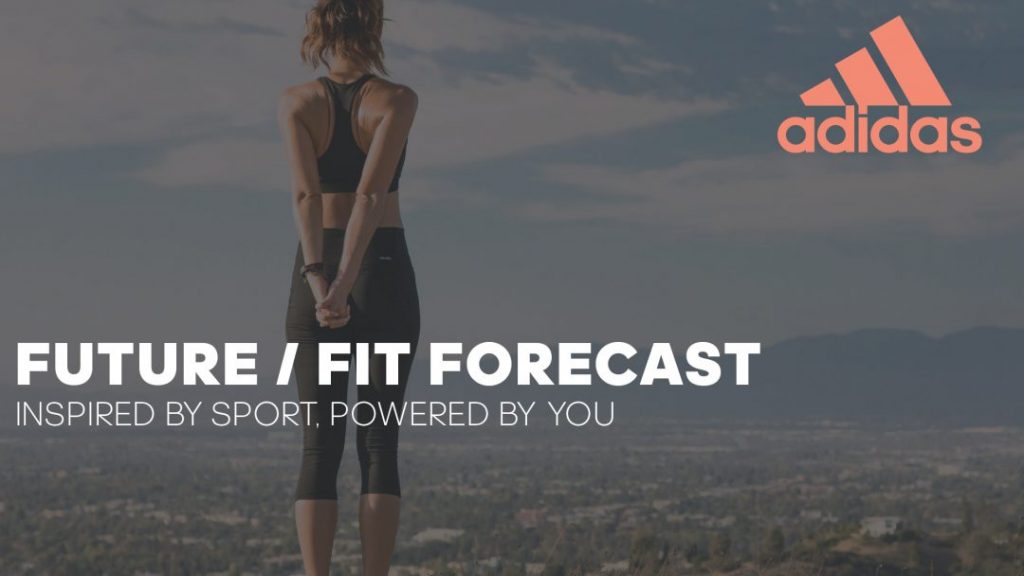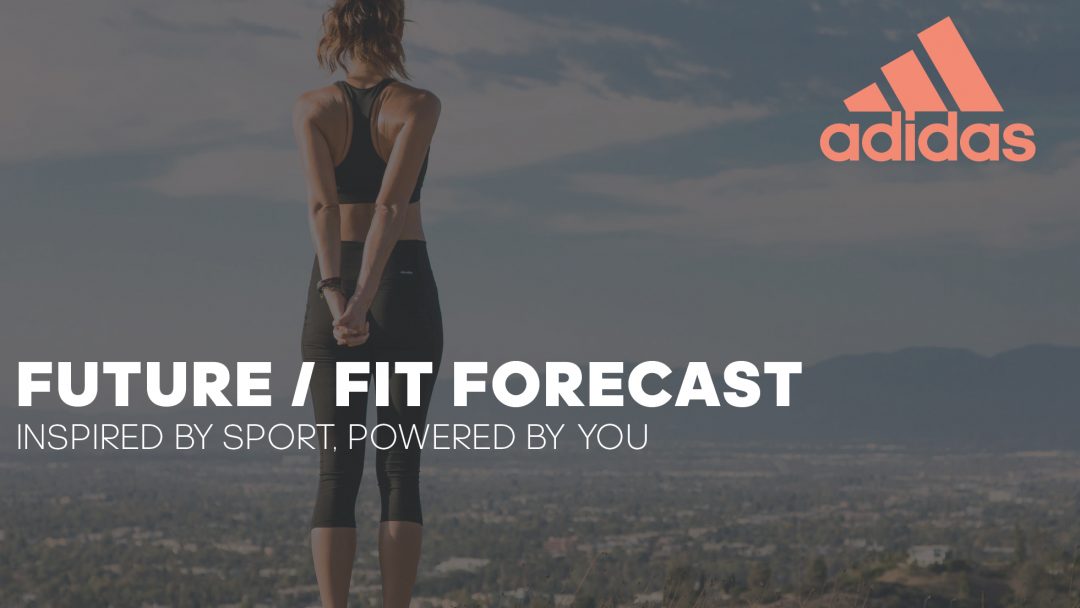 The future of wellness combines:
The future of wellness combines:
- Connected (you)
- Social IRL (in-real-life)
- Banishing bad (de-tabooing what’s traditionally seen as “bad”)
- Humanizing data, and
- The end of experts.
These insights come from adidas, whose team developed a forecast of the future of fit, announced at the 2017 South-by-Southwest Festival in Austin this weekend.
I had the honor of participating in this forecast and shepherding the SXSW panel on The End of Experts: Crowdsourcing Your Wellness at the adidas meet-up held over the weekend.
The future of fit and wellness is Connected, because we are growing to understand that balancing many elements in our daily lives helps build a healthy life. Good eating, activity, a positive mindset, giving and generosity of spirit, a good night’s sleep: together, these choices and lifestyle decisions every single day boost health.
The future of fit and wellness is Social IRL (in-real-life), because social media brings us closer, and distances us, too. Prolonged loneliness can increase one’s risk of death by 26%, evidence has shown. So the solution is to integrate online life and offline living. “You can take an online yoga class at home one day,” adidas notes, “then go offline with the same teacher on another day.” Mixing up social online and IRL helps drive that balance for a healthy, connected life; as adidas writes, “the power of our inner core and the strength of our outer connections.”
The future of fit and wellness is Banishing Bad, because we set ourselves up for failure when we look at our actions through a lens of taboo. Whether eating “bad stuff” (e.g., sugar in ice cream, fat in a salad) or skipping a day of exercise, shaming ourselves results in un-wellness. Instead, we need to sort out what’s normal for us based on our own values, life goals, and physical needs. adidas research found that active people are 20% more likely than inactive people to say that, when considering fitness and wellness, there is no universal right or wrong – only, “what works and doesn’t work for me.”
The future of fit and wellness is Humanizing Data, because when we share our goals with others and can track our progress, we tend to stick to positive changes over time. There’s power and motivation in sharing: this to me is a fitness form of the Hawthorne Effect, which was first observed in manufacturing production lines. Researcher Elton Mayo wrote about the phenomenon: “The desire to stand well with one’s fellows, the so-called human instinct of association, easily outweighs the merely individual interest and the logic of reasoning upon which so many spurious principles of management are based.” Behaviors are contagious: positive behaviors are contagious, and so are negative ones. So we stand together and can kick off a positive virtual cycle of positive behaviors.
The future of fit and wellness is the End of Experts. We mere humans, health citizens, have access to “knowledge” online in medical journals, published academic research, and celebrities’ blogs on “healthy eating,” mental health and exercise. But our own health and wellness is highly personal, and what an “expert” asserts “will” work isn’t necessarily personalized to us as individuals. Consider my panel-mate, Sage Bionetworks’ John Wilbanks’ personal story about a family member with a gut condition who had read the advice of a celebrity whose influential website recommended a goat milk body cleanse (internal, not dermatological). After getting educated with evidence, John’s loved one avoided the advice and thus avoided exacerbating her ailment: the goat milk would have actually fermented in her gut — a contraindication for her condition. The lesson: when it comes to experts, we can often gain “expertise” from crowdsourcing with other people like us online such as people who might share a diagnosis for a medical condition, or who are dealing with a stage in life like being “sandwiched” between aging parents and growing kids, or battling addictions. We can partner through crowdsourcing, which can be a prescription for getting well, getting better, or feeling good. This, in combination with sharing decisions with the best evidence-based experts we can find for our personal situations, like John’s loved one.
You can download the forecast PDF here.
Health Populi’s Hot Points: From our use of social media, we evolve social platforms. We know through the research of Christakis and Fowler, published in their influential book Connected, that our social networks can boost, or diminish, our personal health.
Our panel on crowdsourcing wellness emerged with several over-arching discoveries: that this isn’t necessarily the ultimate “end” of all experts, but the need to identify solid scientific evidence that suits an individual’s situation (thus, the phrase “personalized medicine”); that design for data and tracking devices (like wearable tech and digital health assistants) is crucial for engaging with, understanding, and acting on one’s own data; and ultimately, that Love is the Killer App, that sharing, caring, and bearing ourselves in positive ways can bolster our own, and each other’s health and wellbeing.
I thank adidas for supporting this research and convening the two days of Future/Fit at SXSW 2017. We shared and crowdsourced great learnings IRL, via social connections, in Austin!





 Interviewed live on BNN Bloomberg (Canada) on the market for GLP-1 drugs for weight loss and their impact on both the health care system and consumer goods and services -- notably, food, nutrition, retail health, gyms, and other sectors.
Interviewed live on BNN Bloomberg (Canada) on the market for GLP-1 drugs for weight loss and their impact on both the health care system and consumer goods and services -- notably, food, nutrition, retail health, gyms, and other sectors. Thank you, Feedspot, for
Thank you, Feedspot, for  As you may know, I have been splitting work- and living-time between the U.S. and the E.U., most recently living in and working from Brussels. In the month of September 2024, I'll be splitting time between London and other parts of the U.K., and Italy where I'll be working with clients on consumer health, self-care and home care focused on food-as-medicine, digital health, business and scenario planning for the future...
As you may know, I have been splitting work- and living-time between the U.S. and the E.U., most recently living in and working from Brussels. In the month of September 2024, I'll be splitting time between London and other parts of the U.K., and Italy where I'll be working with clients on consumer health, self-care and home care focused on food-as-medicine, digital health, business and scenario planning for the future...